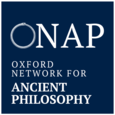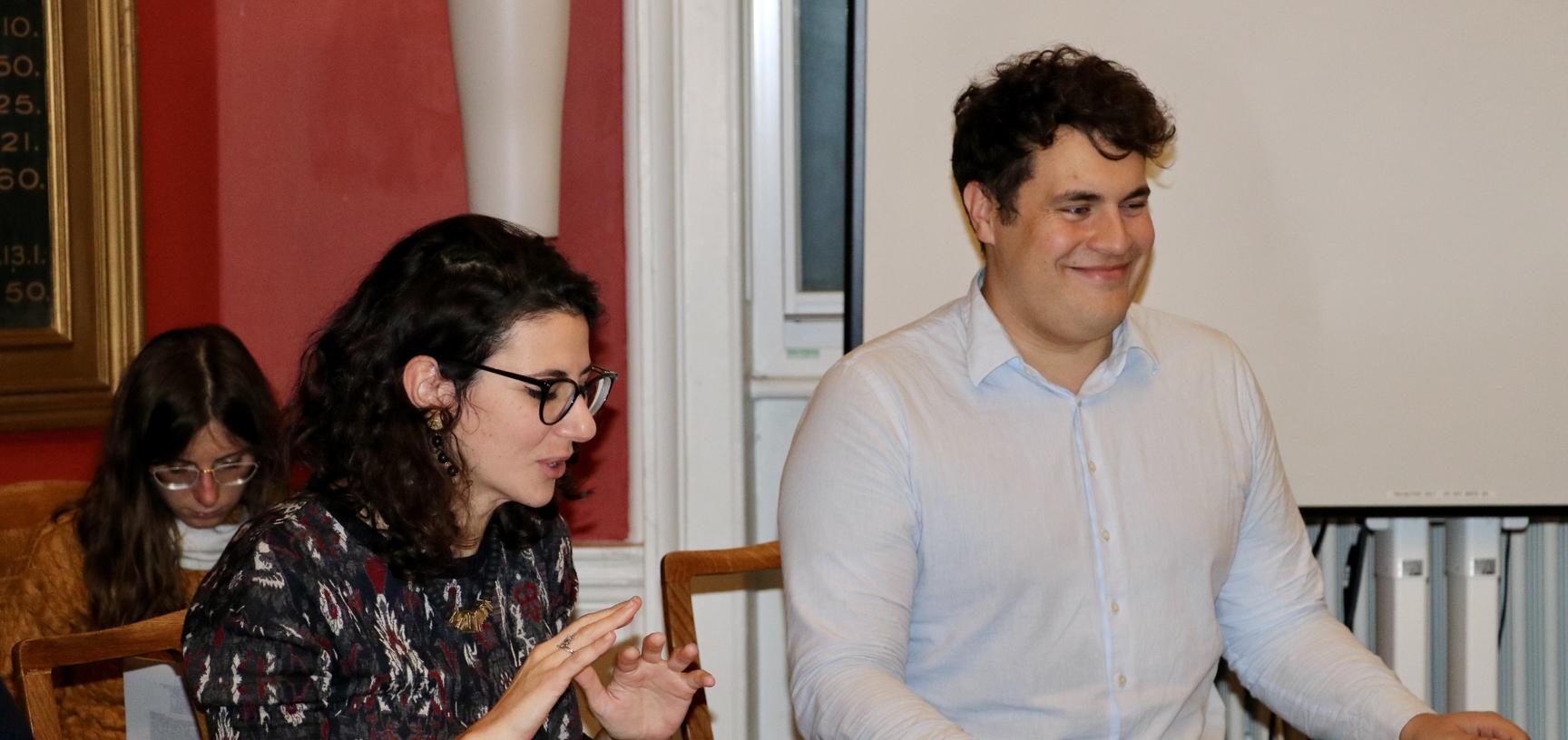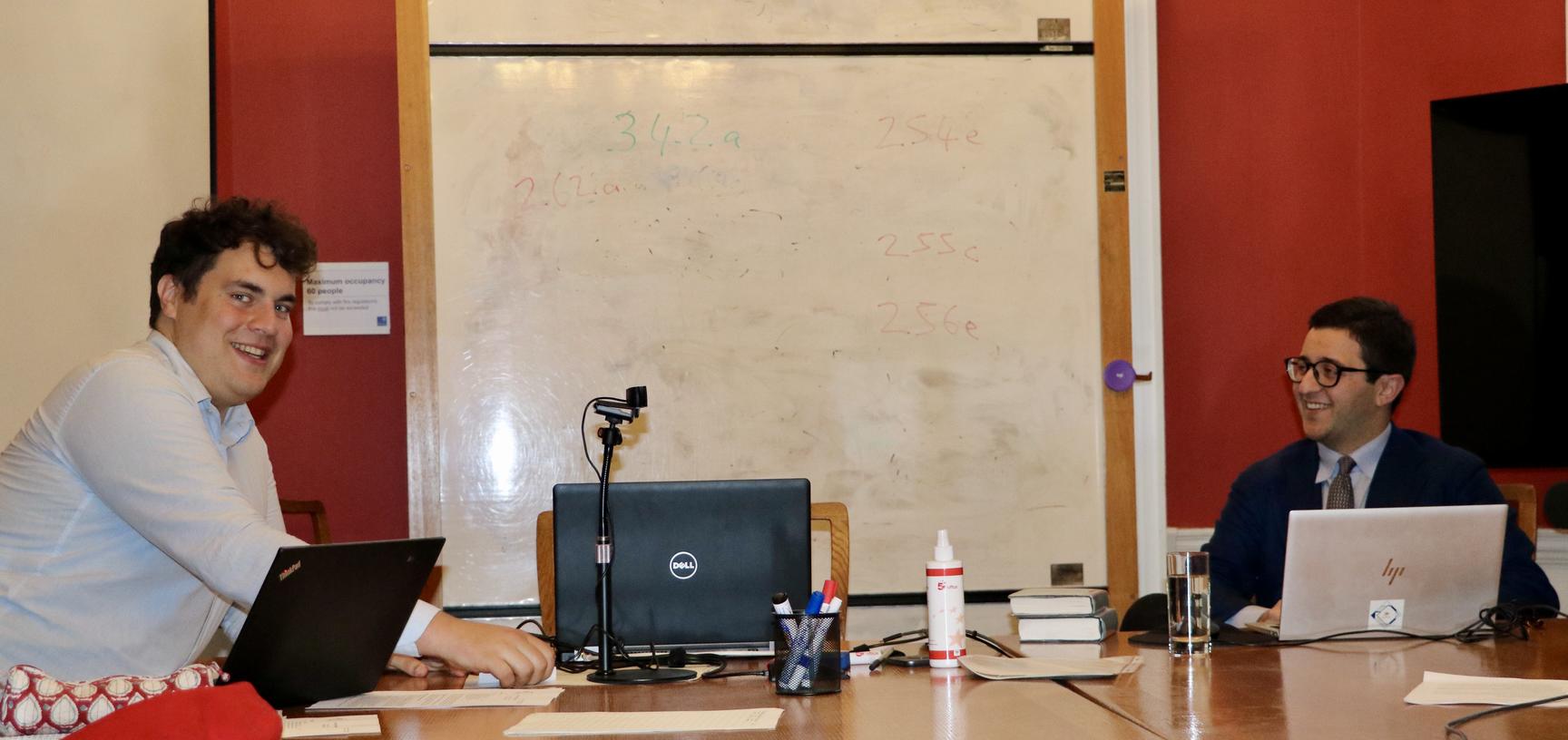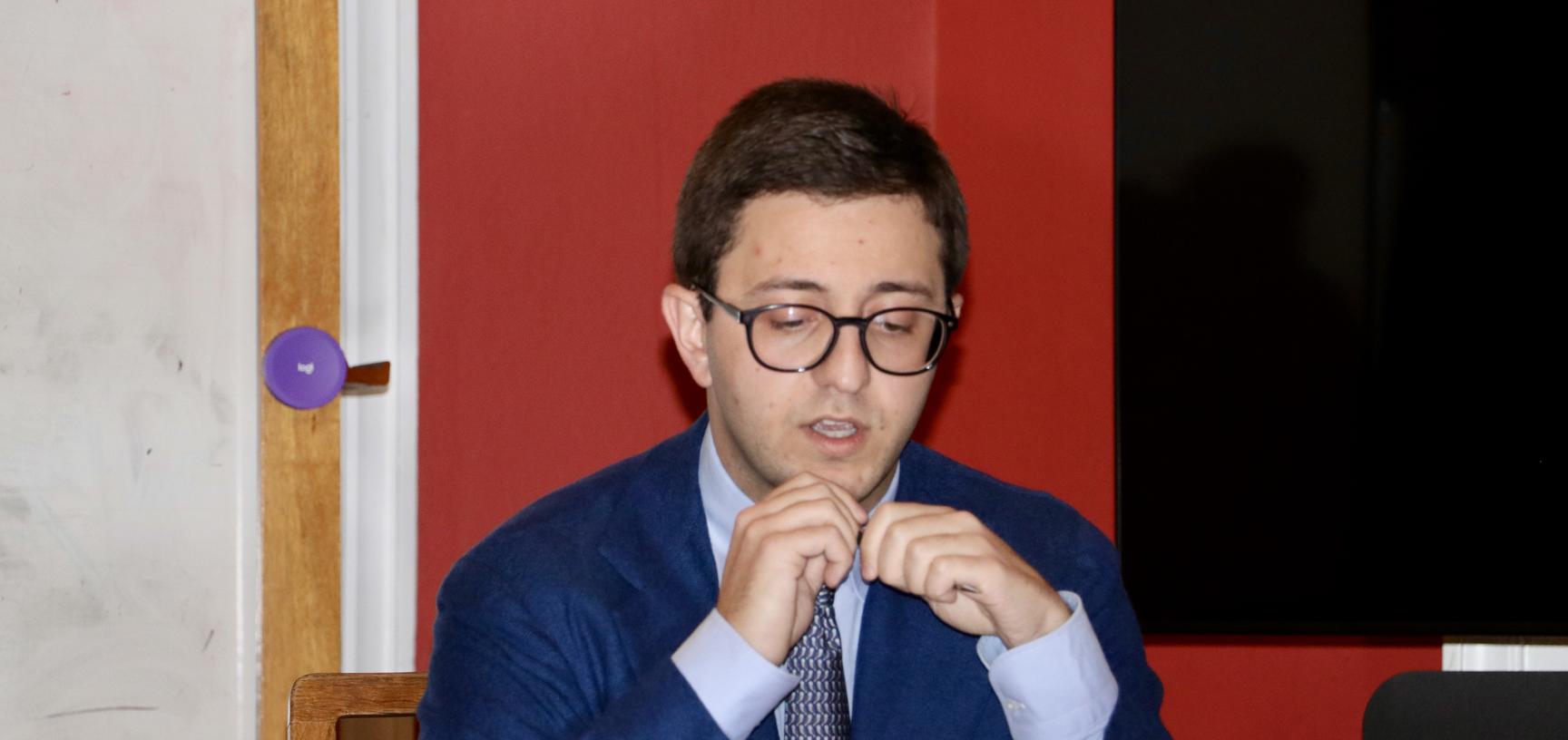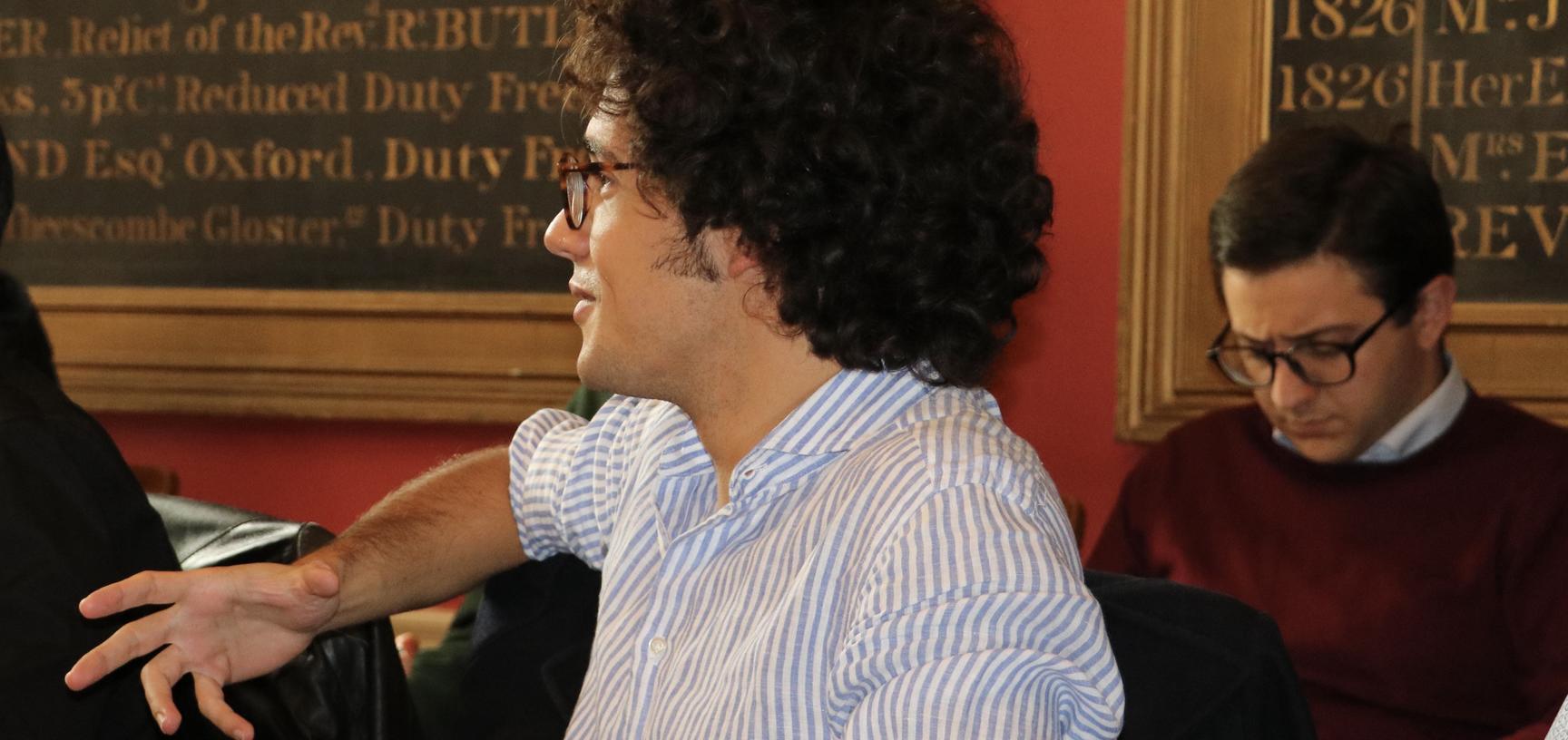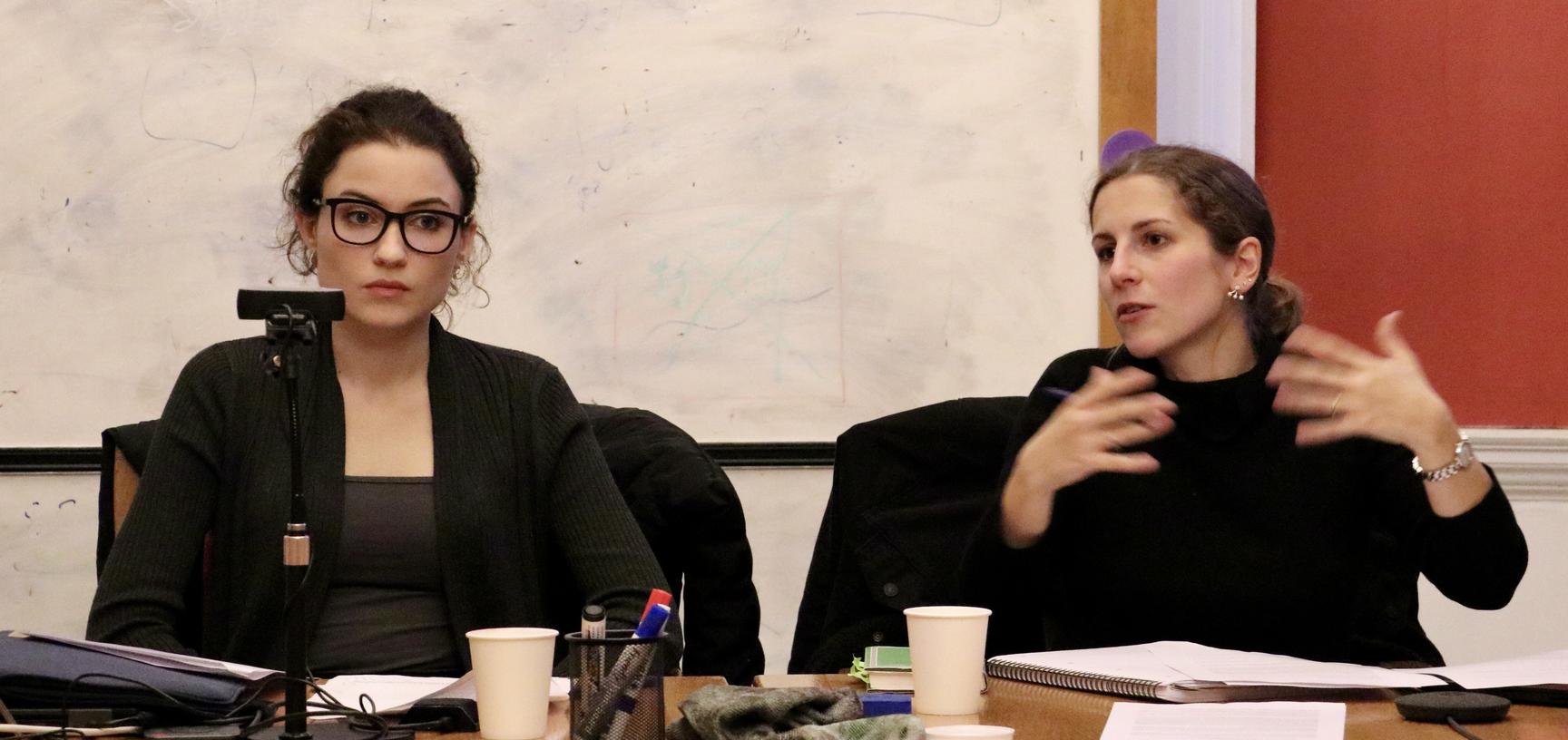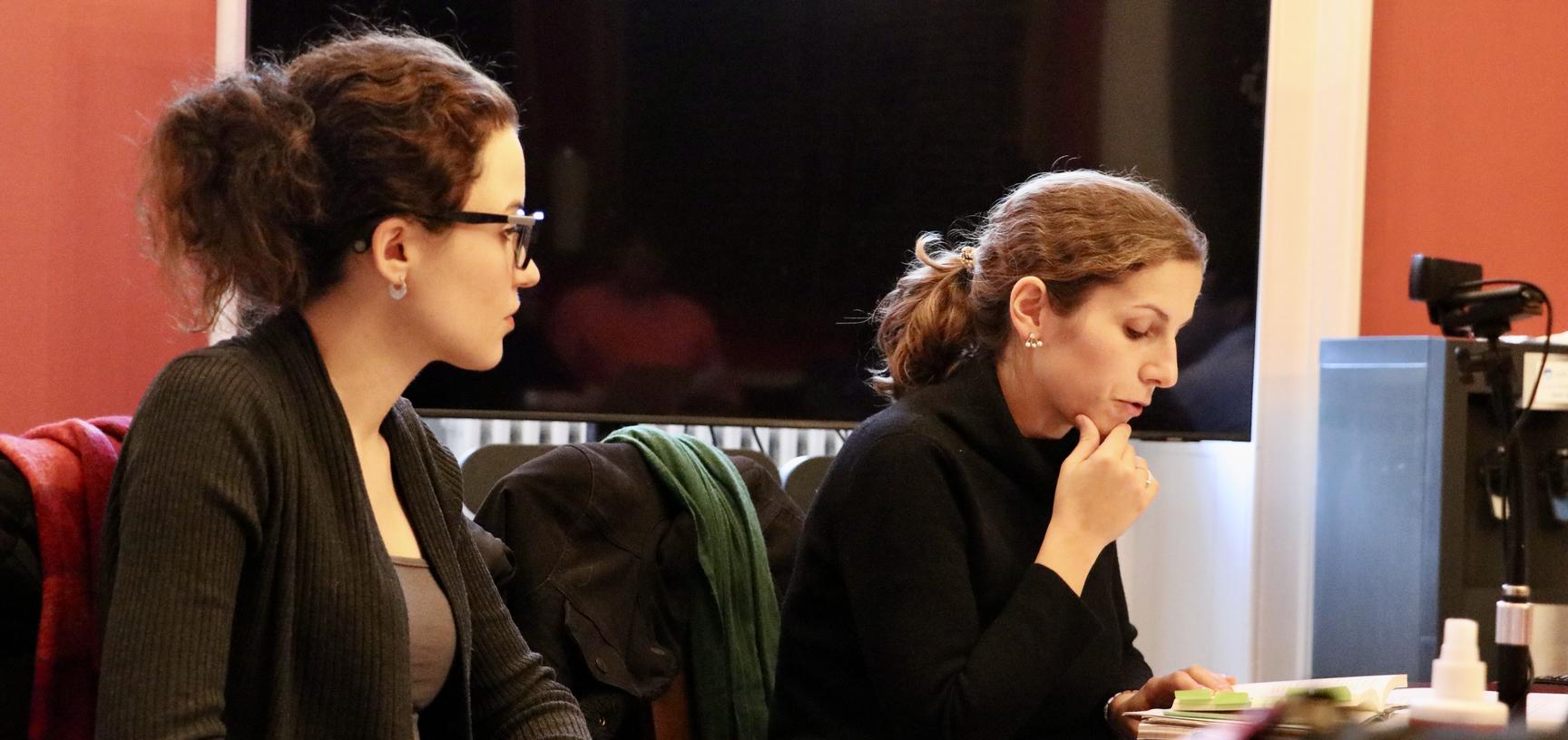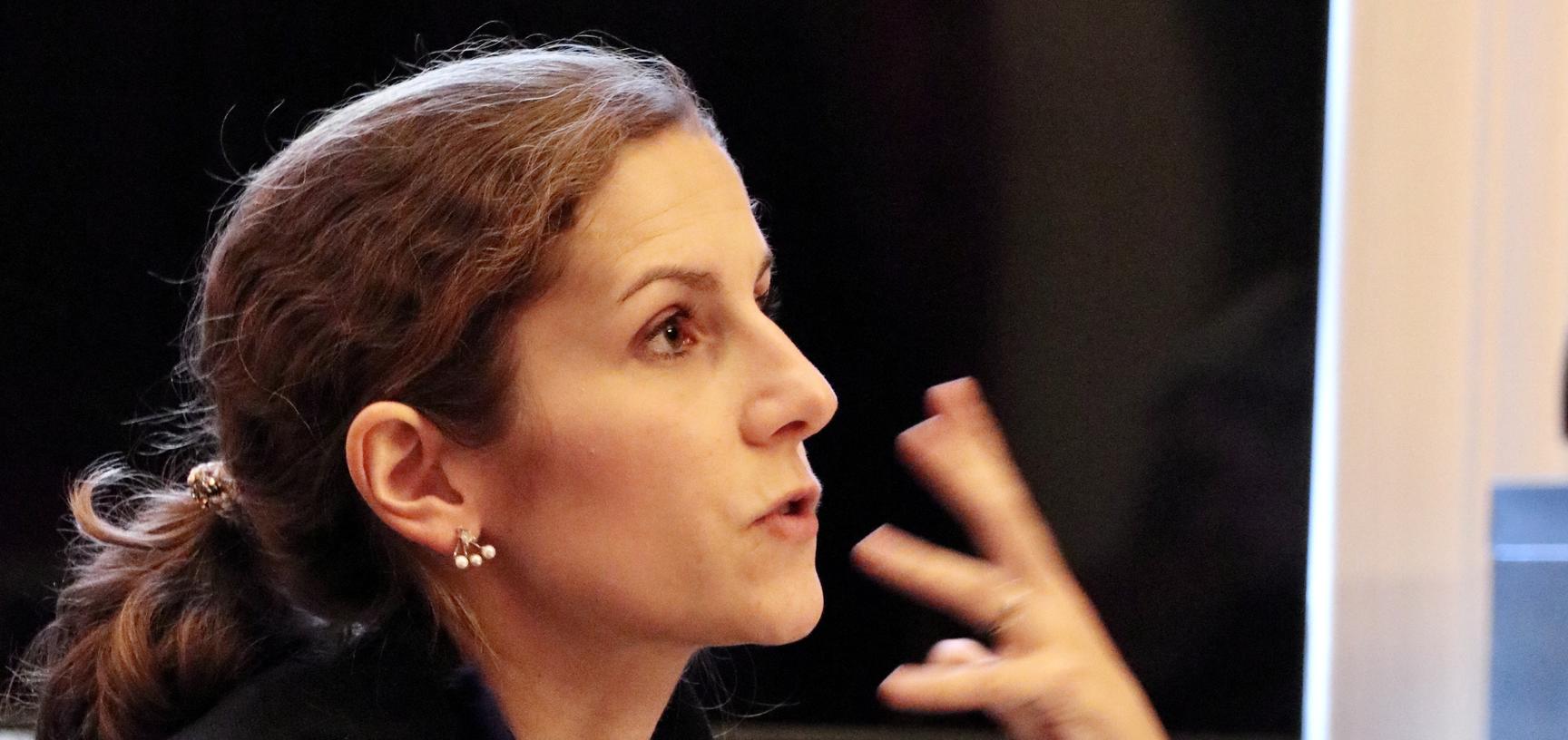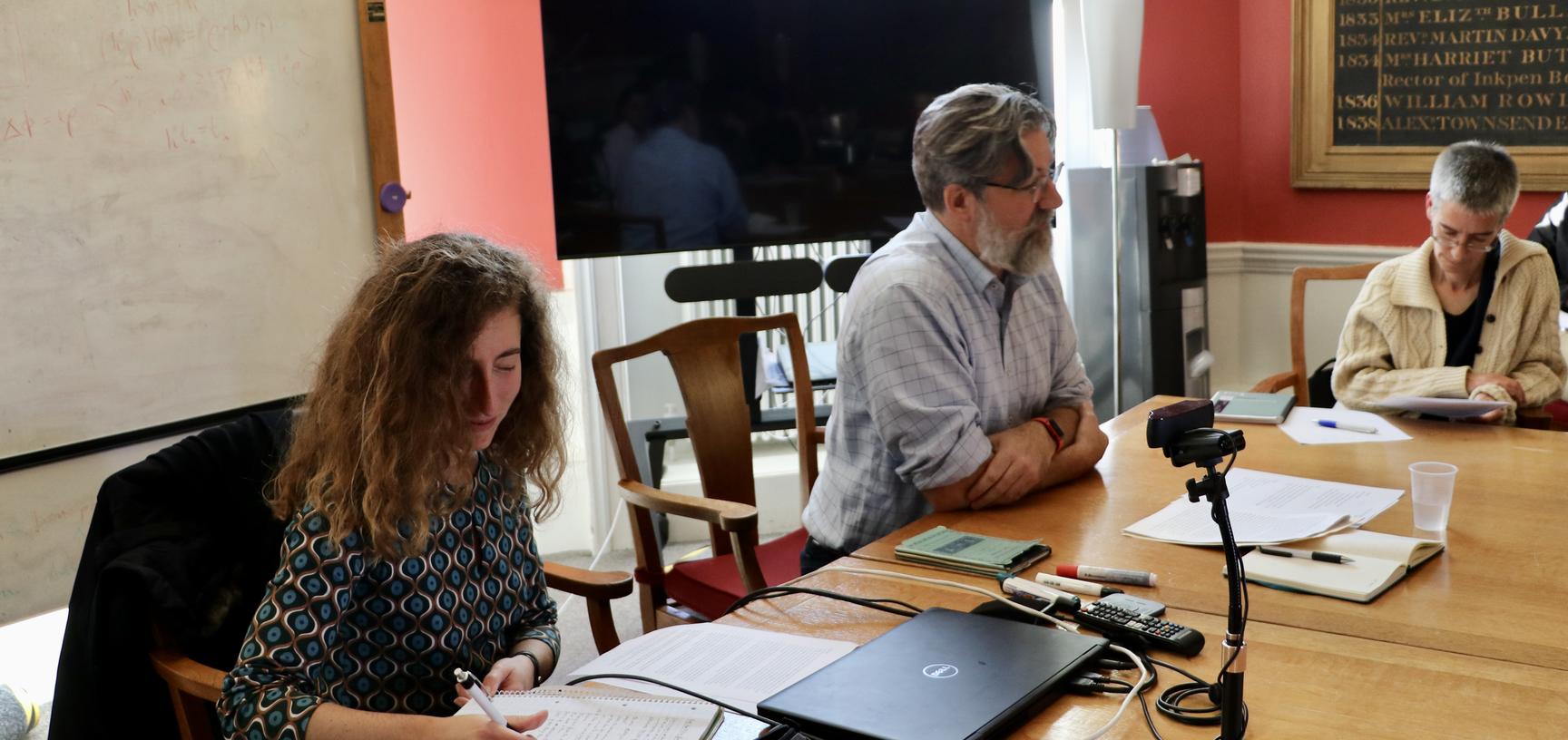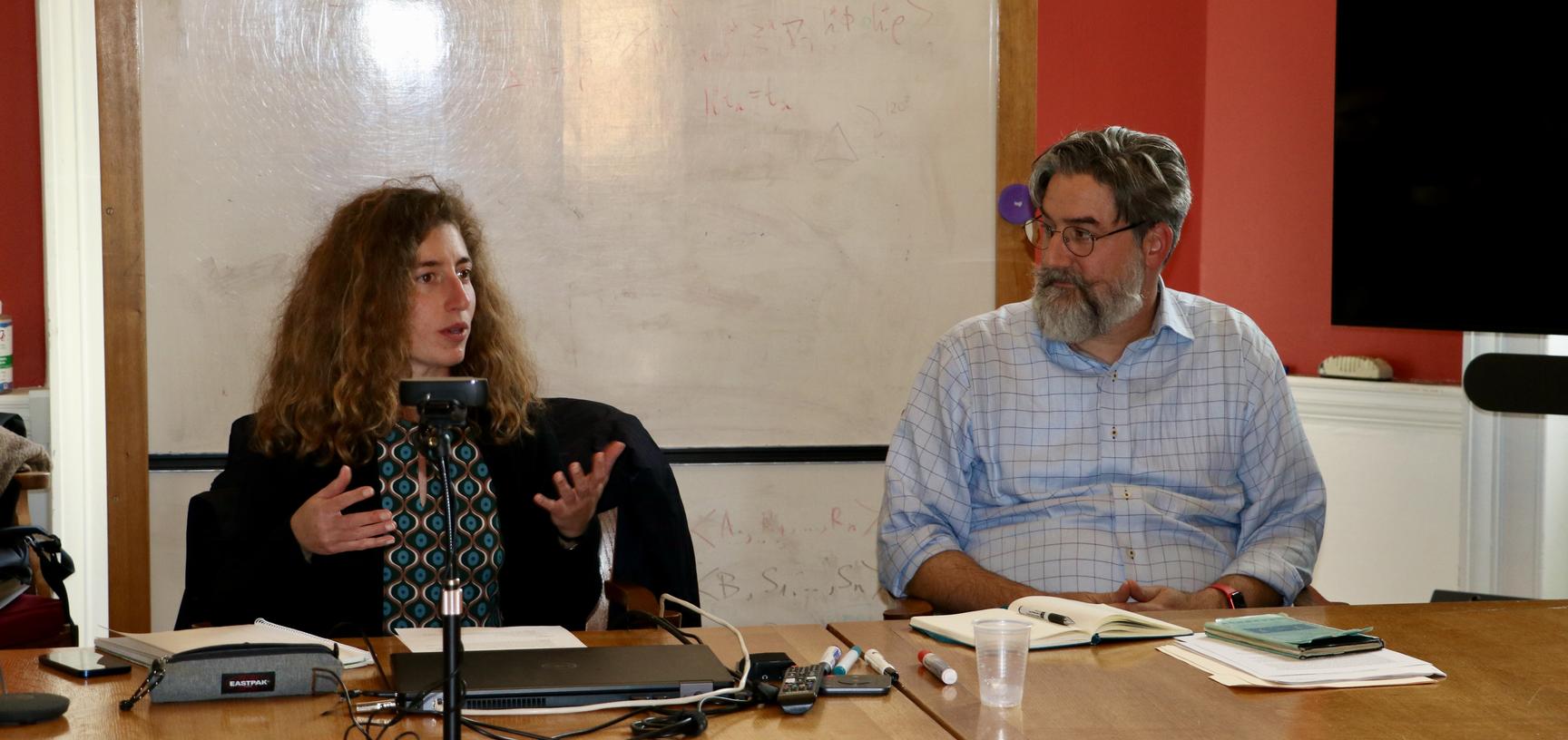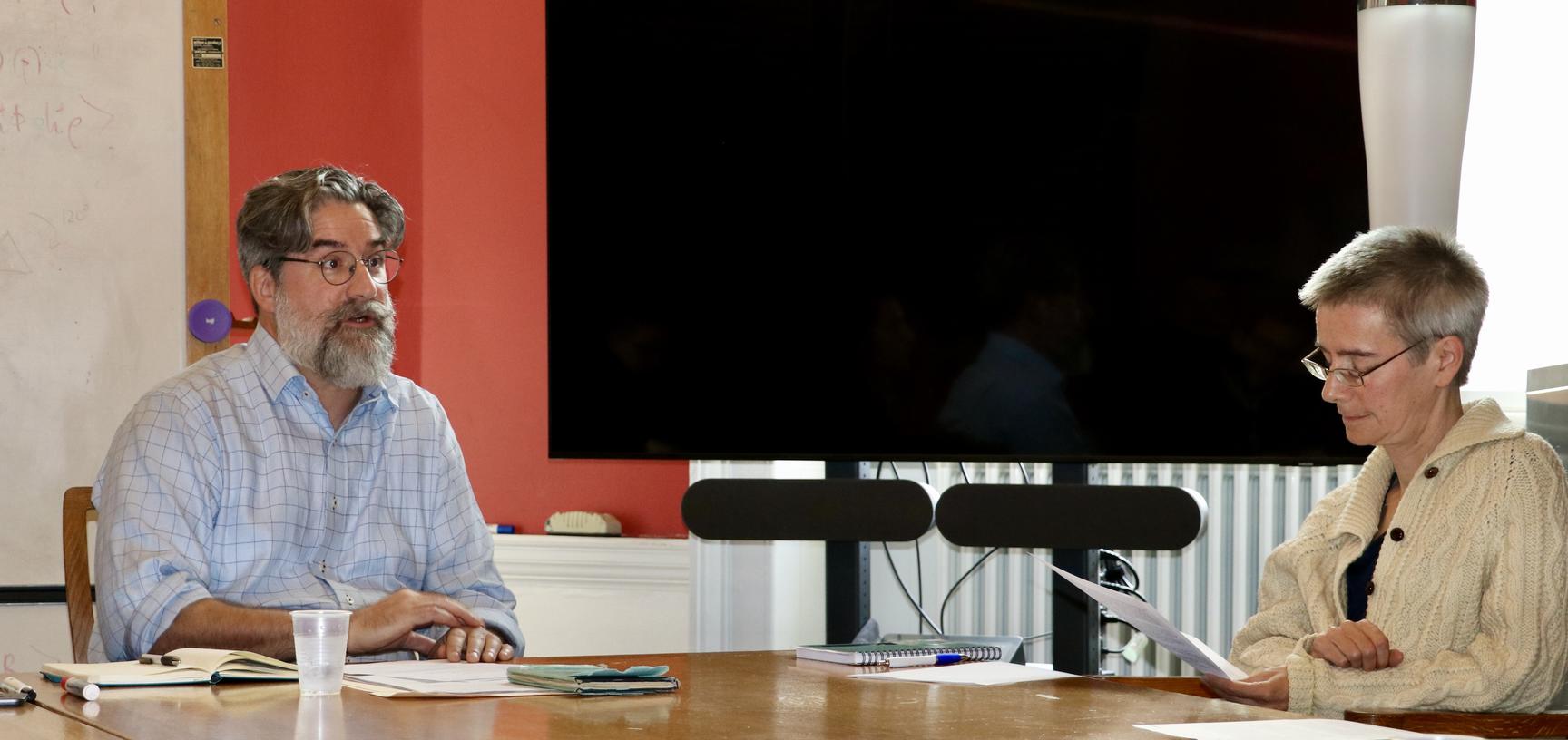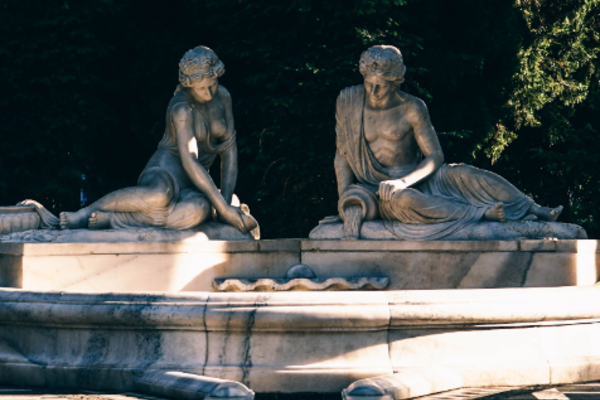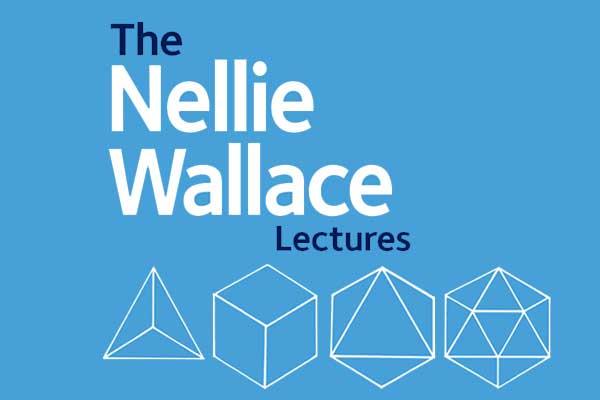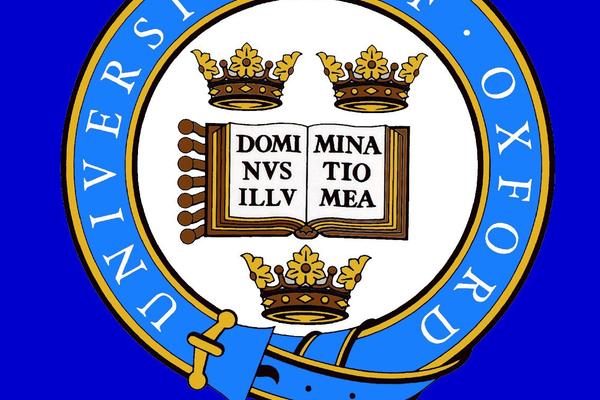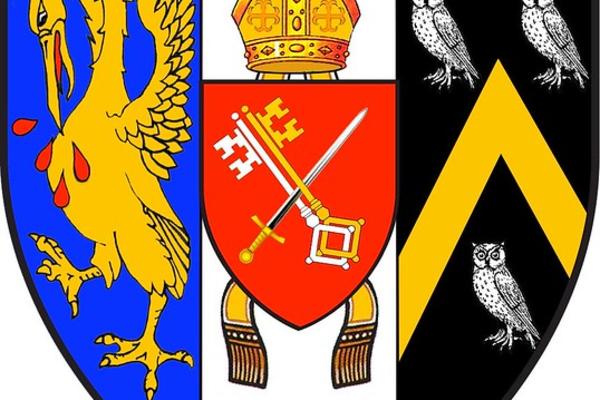Invited Speakers
Workshop in Ancient Philosophy - HT 2026
Ronja Hildebrandt (Dortmund): 'Degrees of Knowledge in Aristotle'
Abstract: Aristotle often claims that some things are “more known” (gnōrimōteron), and at times that some forms of cognition are “more knowing” (gnōstikōteron, mallon eidenai), “most knowing” (malista gnōrizōn), or instances of “more science” (mallon epistēmē). Such talk of degrees of knowledge may seem innocuous: we do, after all, know some things better than others, e.g. Arabic better than Spanish. Yet Aristotle also maintains that causes and principles are more known by nature, independently of anyone’s actual cognitive state. This raises the question of what makes causes and principles “more known”. Against prominent interpretations by Barnes (1975) and Moss (2024), I argue that they are not more known because they are more intrinsically intelligible, nor because they are more certain. Rather, they are more known solely in virtue of epistemic priority: they are that through which other things are known scientifically. For this view to be plausible, however, we must explain how a claim such as “more known” can mean “known in an epistemically prior way”, despite the fact that comparatives are usually understood in terms of degree of intensity. Drawing on a passage from Aristotle’s Protrepticus that distinguishes two kinds of “more”-comparisons—those of intensity and those of priority—I argue that degrees of knowledge are best understood as the latter. Taken together, these points suggest that Aristotle’s epistemological project is neither Cartesian, grounding knowledge in maximal certainty, nor Platonist, seeking to elucidate intrinsic intelligibility, but rather architectonic: above all, it consists in determining what is known in virtue of what.
Chair: Martina Buston
Paolo Fait (Oxford) : 'The Elements of Language and Thought: Reinterpreting De Interpretatione 1'
Abstract: The most widespread interpretation of Aristotle’s well-known lines in De Interpretatione 1 (16a3–9) is that vocal utterances are signs of affections in the soul, which are in turn likenesses of objects. According to this view, vocal utterances signify objects in the world through these affections. However, I will argue that, contrary to this interpretation, Aristotle does not mention objects in general in these lines, but only those objects whose concepts are primary. I will identify these objects and their concepts, and compare Aristotle’s primary concepts with Plato’s primary names in the Cratylus.
Chair: Michele Pecorari
Orna Harari (Tel Aviv): 'Cognitive States as Relatives and Aristotle’s Rejection of Relativism'
Abstract: In Categories 7 Aristotle argues that, unlike other relatives, the correlative of cognitive states are not simultaneous by nature with these states but are prior to them. The philosophical motivation behind this view is clear. Through it, Aristotle shows that the inclusion of cognitive states in the category of relatives does not entail his predecessors’ subjectivistic view that the objects of knowledge do not exist independently of knowledge, i.e., of their being known. It is, however, unclear whether this view has also epistemological implications, specifically whether it can counter Protagoras’ relativism, by guaranteeing that we can know things as they are and not merely as they appear to us. In my talk, I show that Aristotle’s arguments for the ontological priority of the objects of knowledge rests on an implicit assumption that counters relativism. In so doing, I address the question of why these arguments rest on the assumption that the object of cognitive states are not their correlative strictly speaking but independent objects. I argue that this assumption reflects Aristotle’s view that cognitive states receive their epistemic status from their objects and that this view explains how Aristotle’s contention against Protagoras that the measure of all things is not simply a man but the man who knows counters relativism.
Chair: Michail Peramatzis
Matthew Duncombe (Nottingham) : 'Eubulides, Aristotle, the Liar: A rational reconstruction'
Abstract:
Ancient sources agree that Eubulides of Miletus originated the Liar Argument. Unfortunately, they don’t tell us why Eubulides posed the Liar, what it was for, how the argument worked, when he originated it, or the context in which it was originated. But we are not completely in the dark. We have some ancient evidence for how a Liar Argument worked (Cicero A. Pr. II XXIX, 95-XXX,97; Aulus Gellius, XVIII, 2, 20; Lucian Vera Historia I, 4; Ps. Acron, scol. As Hor. Episr, II, 45; Ps. Alexander, In Soph El, 171, 17-20 Wallies) and some possible contextual information discussing a Liar-like argument (Aristotle’s Sophistical Refutations 25, 180b2-7).
This paper discusses three answers to the question of why Eubulides posed the liar and what it was for. The first is the Megaric Answer. Eubulides, student of Euclides of Megara, was offering a positive, indirect argument for a Megaric view. Just as Zeno posed his paradoxes to defend Eleatic monism, so Eubulides posed his paradoxes to defend Megaric monism. However, the evidence suggests that Eublides had exclusively logical interests and did not discuss physics, which would include monism. The second answer is that Eubulides was offering a critical argument in logic, but directed against Aristotle’s view of truth. However, I argue that Aristotle’s overall logical system was not vulnerable to the ancient liar, at least in some versions. So the liar likely did not originate here. Finally, I will offer a dialectical reading: I suggest that the liar originated as a response to Aristotle’s diagnosis of an earlier liar-like argument, which Aristotle discusses in the SE.
Chair: Giuseppe Cumella
- This is a speaker series devoted to discussing work in progress by speakers within and outside Oxford pertaining to the field
- Seminars take place on Thursdays at 4pm-6pm, in the Schwarzman Centre, Ryle Room (20.339)
- Convenors: Prof. Ursula Coope, Prof. Marion Durand, Prof. Alexander Bown
- Members of the Faculty, students, and visitors are welcome
- If you would like to go out to dinner with the speaker, then please contact the chair of the meeting before Tuesday of that week
Interdisciplinary Research Seminar in the Study of Religions HT 2026
Time: 4:00-5:30pm
Location: Paul Oster Room, LMH
Title: A Sufi Picture of Humility
Speaker: Dr Muhammad Sami (Research Fellow in Philosophy and Theology, Tabah
Foundation, Cairo, Egypt, and Associate Faculty Member, Faculty of Theology and
Religion, University of Oxford)
Time: 4:00-5:30pm
Location: Paul Oster Room, LMH
Title: Kuṇḍalinī as Conceptual Frame for Religious Experience
Speaker: Dr Ruth Westoby (Postdoctoral Research Fellow in Jaina Studies and Yoga
Studies, Oxford Centre for Hindu Studies)
Time: 4:00-5:30pm
Location: Paul Oster Room, LMH
Title: Teresa of Avila on Spiritual Union
Speaker: Prof Mark Wynn (Nolloth Professor of the Philosophy of the Christian
Religion, Faculty of Theology and Religion, University of Oxford)
Time: 4:00-5:30pm
Location: Paul Oster Room, LMH
Title: Cosmic Wonder
Speaker: Dr Sophia Vasalou (Associate Professor of Philosophical Theology,
Department of Theology and Religion, University of Birmingham)

